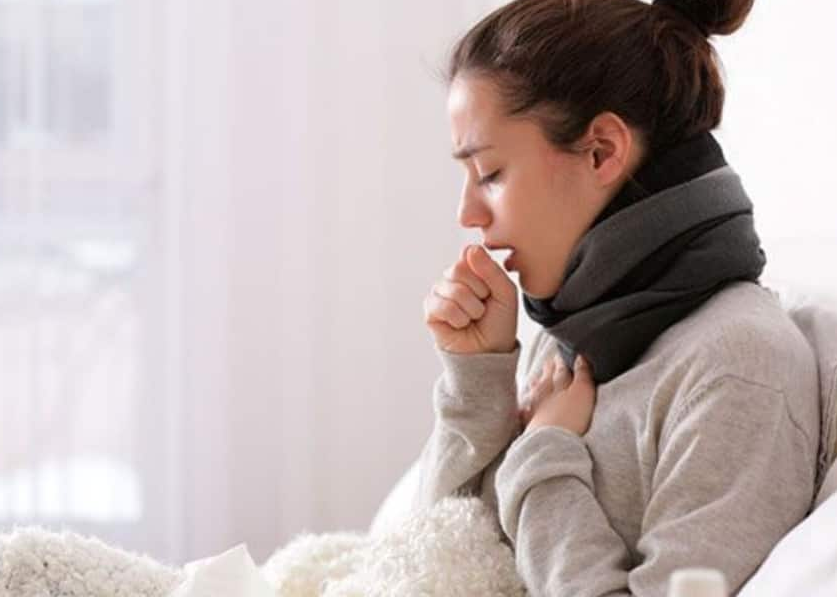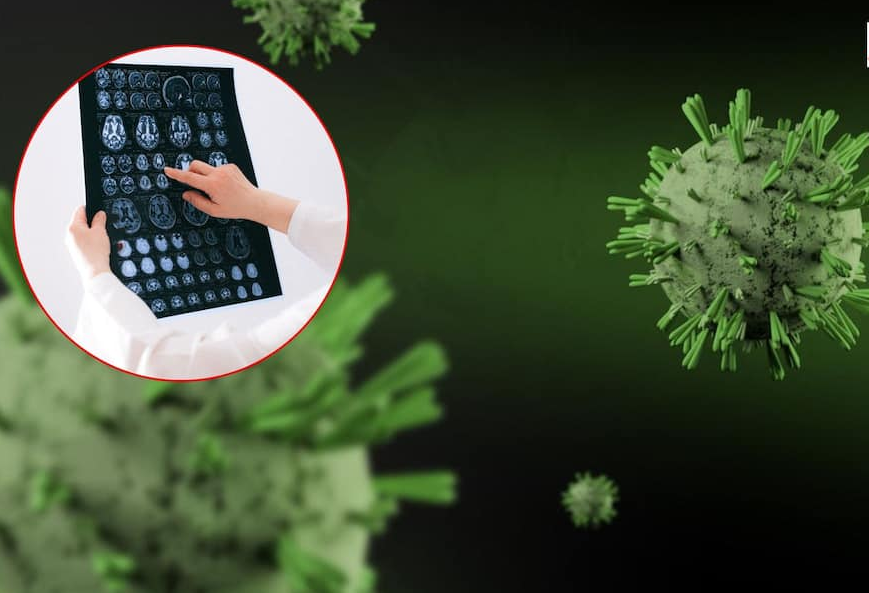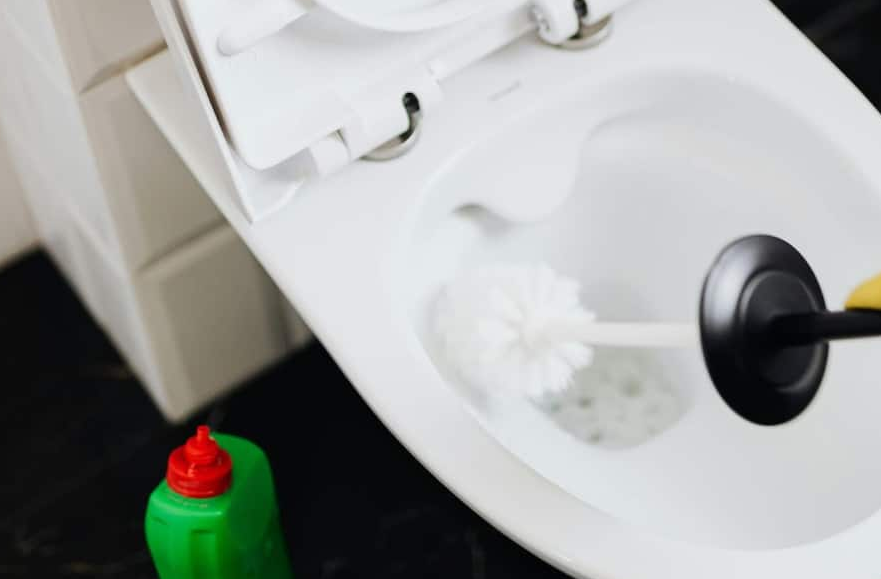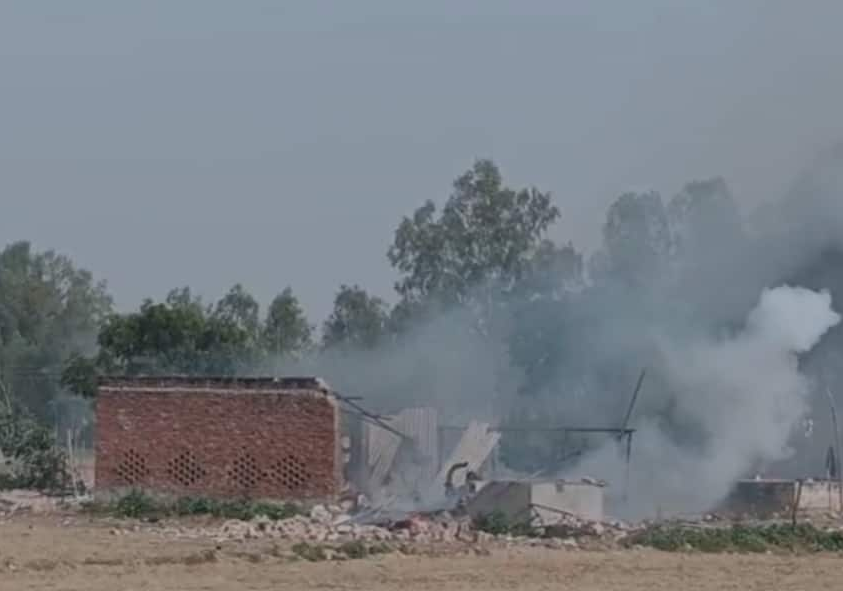Heart Attack: Are you home alone and have a heart attack? Do this first.
- bySherya
- 11 Nov, 2025
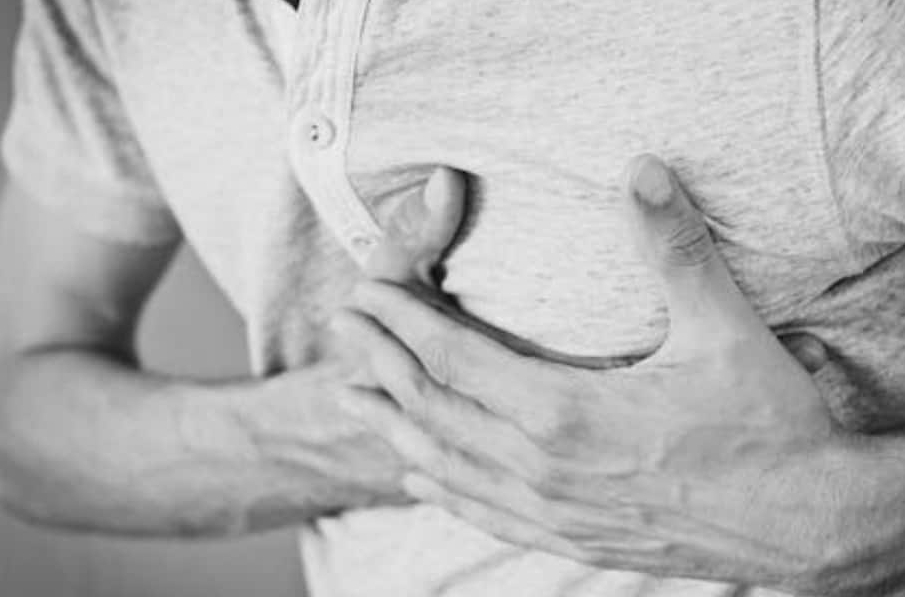
How to Prevent Heart Attacks: The incidence of heart attacks has risen rapidly these days. Let us tell you what you should do first if you are alone at home and have a heart attack.
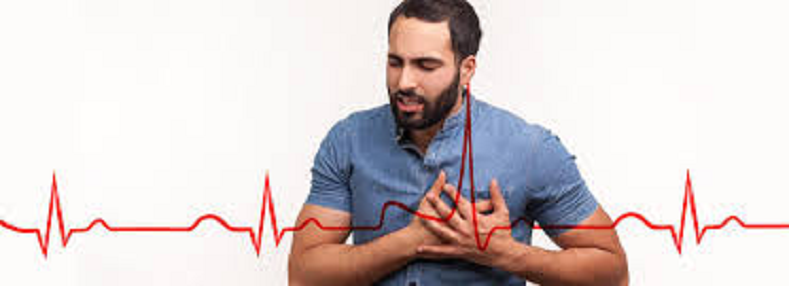
Symptoms of a heart attack
What to do During a Heart Attack: Heart disease remains the leading cause of death worldwide. In 2022, approximately 20 million people died from heart-related diseases, most of them from heart attacks and strokes. Even in a developed country like the United States, millions of people die from heart disease every year. These statistics show how common heart attacks are and why timely action is crucial. Recently, Dr. Christabel Akinola shared a post on Instagram in which she mentioned a man who recognized the symptoms of a heart attack and took immediate action, saving his life. The doctor explained what the man did that saved his life and why these steps are important.
What should be done in case of a sudden heart attack?
First, call emergency services. If you experience symptoms of a heart attack, call emergency services immediately and inform the dispatcher that you are experiencing this condition. Put the phone on speaker so you have both hands free and can follow instructions. Clearly state your location, allergies, and medication information. Do not attempt to drive yourself to the hospital; allow an ambulance to arrive so treatment can begin immediately.
If you are conscious and not allergic to aspirin, chew a non-coated aspirin (about 300 mg). Chewing it helps the medicine work faster. Several studies have found that taking aspirin immediately after the first symptoms of a heart attack reduces the risk of death by about 25 percent.
What did the expert say?
Dr. Akinola also warned against the viral cough CPR technique of deep breathing and forceful coughing on social media. He said that this technique may be useful in some cases only under medical supervision, but using it alone at home can be dangerous. If you experience symptoms of a heart attack, do not try this yourself; instead, seek help immediately. If you feel dizzy or weak, lie down and place your legs slightly elevated on a support. This improves blood flow and may provide some relief, although it is not a cure, but a temporary support.
Try to remain calm during this time. Fear and anxiety increase heart rate and blood pressure, which can worsen the situation. Take deep breaths, sit or lie down, loosen your clothes, and talk to someone to reduce the strain on your heart. If you live alone at home, make some preparations in advance. Always keep your phone nearby, lock the door from the inside so that people can reach you quickly if needed, and keep a list of your medications and allergies nearby so that doctors can be informed.
The most important things
The first 10 minutes of a heart attack are crucial. If you are alone and take these steps in time, your chances of survival increase exponentially. Timely action is the best cure.

